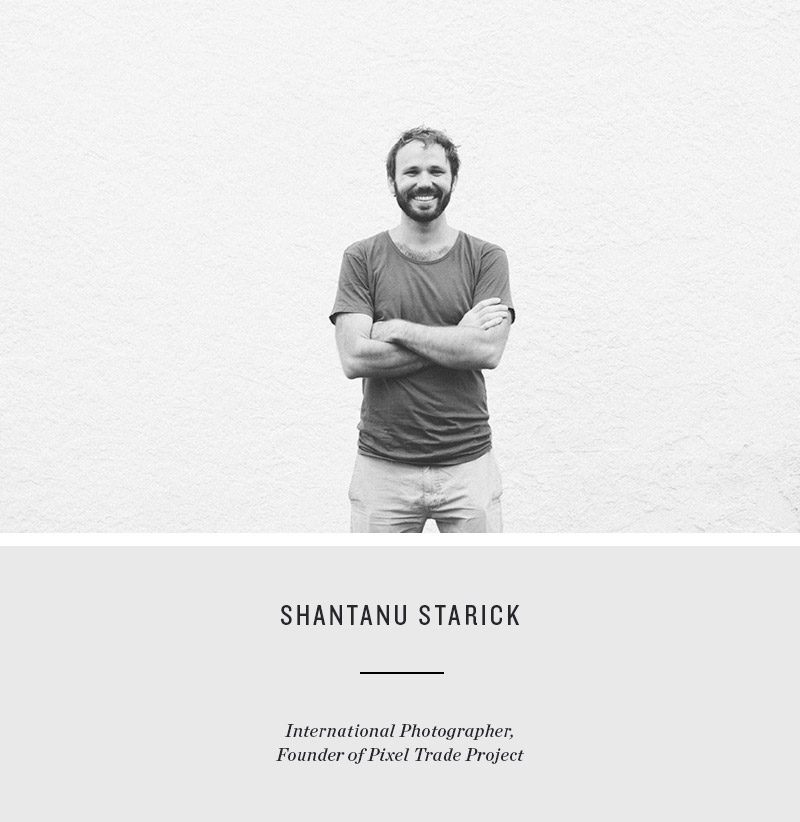In GRAB BAG, I share extra stories, discoveries and gems that don’t quite “fit” anywhere else on my blog — but are too good not to share. Kind of like a piñata or a mystery box: you never know what’s going to be inside! Enjoy!
My friend Susan Hyatt has an unusual job:
She plans luxurious retreats for women to destinations like France, Italy, and Spain—where she takes her guests on life-changing excursions to discover extraordinary beaches, castles and far-flung villages.
The cost of attending one of Susan’s retreats: just shy of $10,000 (plus airfare).
Most retreats go from “empty” to “sold out” in a matter of days—sometimes, in just a few hours. Her most recent retreat—a 7-day adventure in Barcelona—filled up before she even finished updating the webpage to describe it.
Susan is not world famous. She’s not a household name celebrity. She lives in a small city in Indiana—not exactly a thriving hub of cultural and entrepreneurial excitement. And yet, almost every time Susan announces a new retreat to her Facebook community and blog readership, tickets fly out of the door in the blink of an eye.
How is this possible?
In a world where so many freelancers and small business owners are struggling just to make ends meet, how do you become someone like Susan?
The answer is:
Work incredibly hard, quietly and generously, often without much recognition or praise, slowly building a reputation and a client base, for approximately ten years of your life.
Then… you might find yourself in Susan’s enviable position.
“Work really hard for ten years” is not the advice that most entrepreneurs want to hear. It’s not “fast” and it’s not “sexy.” But it’s the truth.
It can be difficult to remember this, though, because typically you only see the “headline” of someone’s success, not the “backstory.”
You see the moment when the Olympic champion crosses the finish line, elated, glistening with sweat and triumph. You don’t see the 100,000 hours of training and discipline that led up to that shining moment—all of the hard work that happened unseen, off-camera, in the dark. But that’s a shame, because it’s so valuable to know about all of the work that’s been happening behind the scenes.
Let’s take a closer look at a few headlines—and backstories—from a few of my colleagues’ careers.
Paul Jarvis. Designer and software developer.
Headline: He’s got a smash-hit online course with over 2,000 students.
Backstory: He’s been freelancing for 17 years, slowly building expertise, skills, and professional connections that now allow him to teach at this level. For most of his career, he paid the bills as a website designer. “Teaching” is a relatively new pursuit.
How does he do it? Lots of grit and hard work. And a philosophy that if there is something he wants to do- he just starts doing it.
Gala Darling. Author and professional blogger.
Headline: She’s got one million blog readers per month plus a #1 bestselling book.
Backstory: She’s been blogging, tweeting, posting photos and sharing inspiration online—on a daily basis—for 10 years. Initially, she earned absolutely no pay. Later, as her audience grew, she was able to earn a very small amount of ad-based revenue. Still later, she developed other revenue streams: products, sponsored posts, books, and so on. It’s been a slow progression. There’s nothing “overnight” about her success.
Shauna Haider. Creative Director of Branch, a creative branding agency.
Headline: Self-employed, a the helm of her very own agency, with a client roster that includes Nike, Virgin Records, Forever 21, and other top brands.
Backstory: She put herself through design school, worked unpaid internships after graduation, put in her “dues” as an in-house designer for several companies, and—like Gala—has also been blogging (and sharing her design work) almost daily for 10 years. Her choice to “go independent” and run her own agency was a fairly recent one. She waited 8 years before making the leap.
What can we learn from people like Susan, Paul, Gala and Shauna?
What’s the moral to all of these stories?
The moral is that “successful careers” are not built on a single viral blog post or video, or a single piece of “good luck,” or one terrific mentor, or one glowing review, or thirty days of focused effort. It’s all of that—and it’s more than that. Mostly, it’s the cumulative effect of “continued effort” multiplied by “time.”
As Ramit Sethi has written, success is achieved slowly, over time. In fact, if you look closely at successful people, you will discover that for the most part it taken them 10 years to become an “overnight success”.
The next time you meet someone who seems to have an enviable business or career, say, “Tell me about the past ten years of your life.” Listen to their journey.
The backstory might feel even more inspiring than the headline.
![]()
Image: Willie Franklin.







